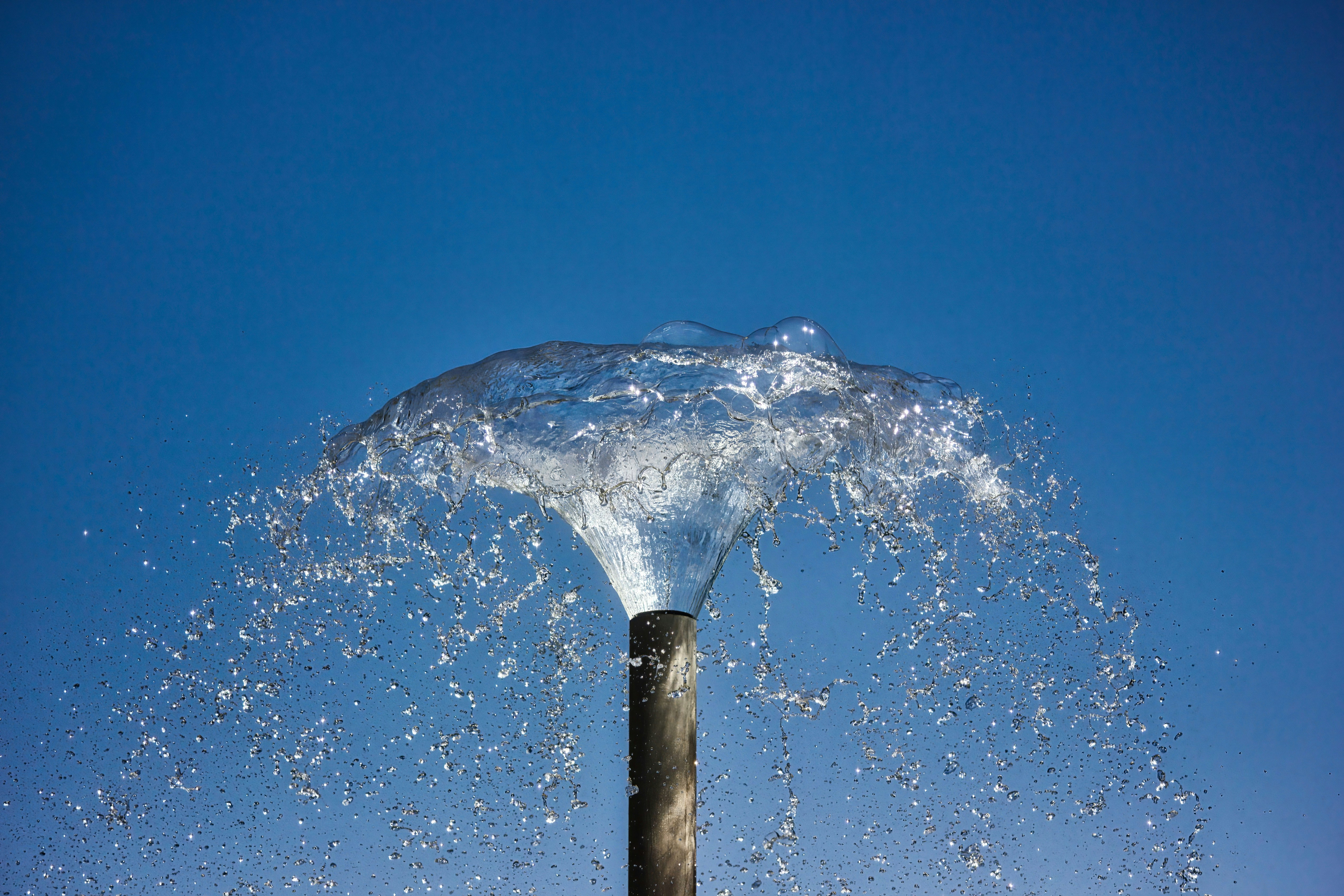The Game Is On
Have you ever seen a plumber under your sink and thought that this is something a robot can do better? Most likely not. The space is cramped, and the pipes and the installation might not be up to current standards. Sometimes you have to replace everything, sometimes you only need to replace a few parts, or just clean the pipes. The acquired skills, the decision making, and the flexibility needed when installing the different parts in either a kitchen or a bathroom, are something that seems hard to build into a robot. However, how future-proof is the career as a plumber? Will the robots take over this occupation in the near future?
And even if robots could do it, that doesn't mean it's financially viable to use them. Another question is: who takes responsibility if something goes wrong? If you have installed your own bathroom and have a leak, the insurance company will most likely reject any claims. That's why we use licensed professionals to do the job.
The Robots Are Coming?
AI-guided advanced robots are being developed to navigate plumbing systems, identify issues, and perform repairs with precision. They can efficiently clear blockages or seal small leaks in pipes, reducing the need for extensive manual labour [1]. The complexity and variability of plumbing environments present significant challenges. Current technology is still far from replicating the skills of a human plumber, and it may take decades before robotics can be a complete replacement [1].
A Matter of Trust
Trust is another variable that is important to consider when discussing plumbers vs. robots. When water is flooding your home, being stressed might be an understatement. The plumber you call needs to read the situation, calm your nerves, and explain what's happening in understandable terms. Creating trust matters because you're not just letting someone fix your plumbing; you are also trusting them to be honest about what you actually need to fix. From that perspective, that might actually be one of the main advantages of robots replacing human plumbers. They can potentially decrease the risk of unneeded upselling, which is something you shouldn't have to worry about when the water floods.
The Numbers
The demand for plumbers remains strong globally, with labor shortages reported across multiple countries. In the United States, employment is projected to grow 4% from 2024 to 2034, with about 44,000 job openings per year [2]. Another example is France, where more than 60% of the employers anticipated recruitment difficulties in 2024, with plumbers specifically identified among construction and public works occupations facing skills shortages [3].
